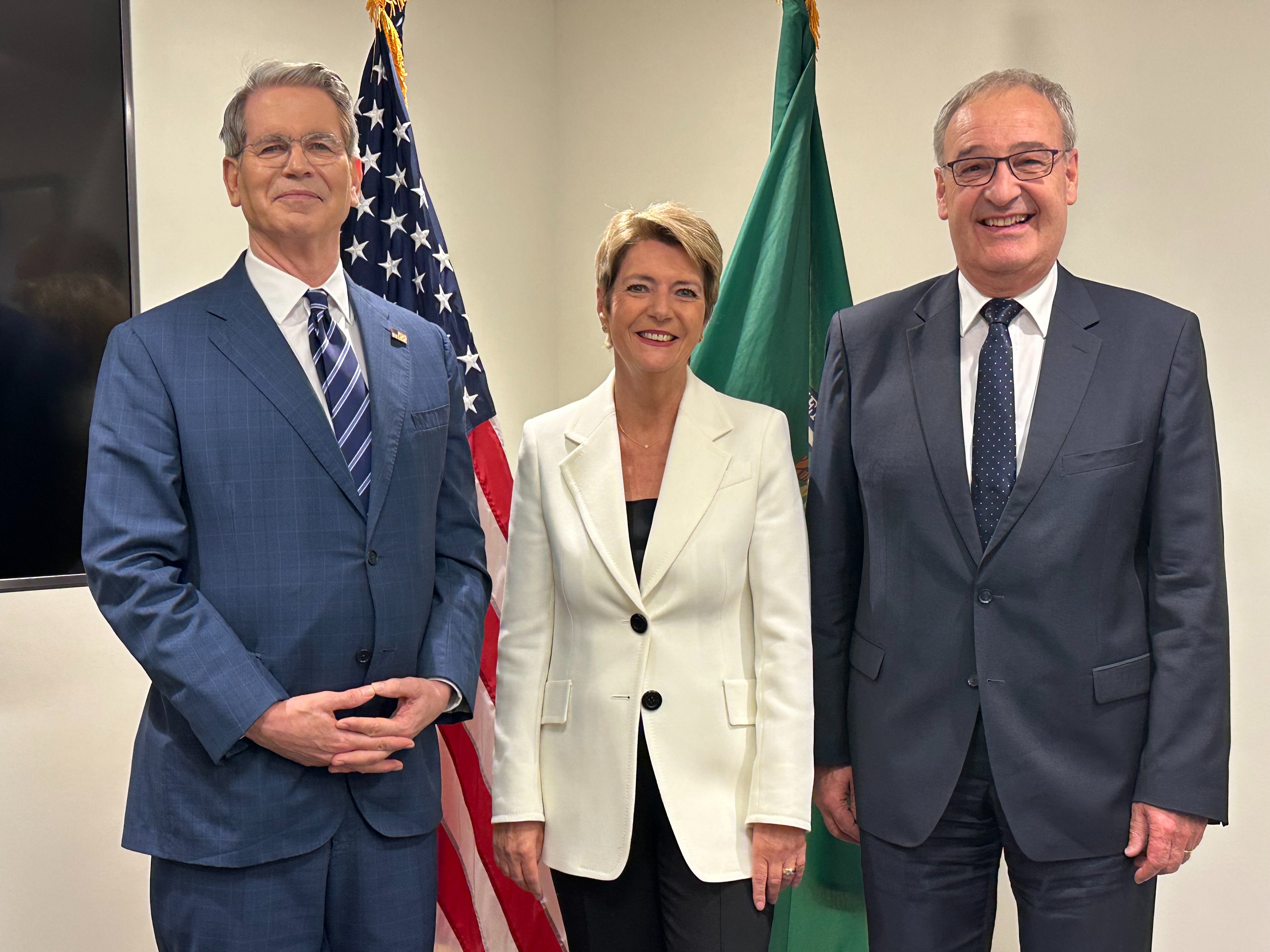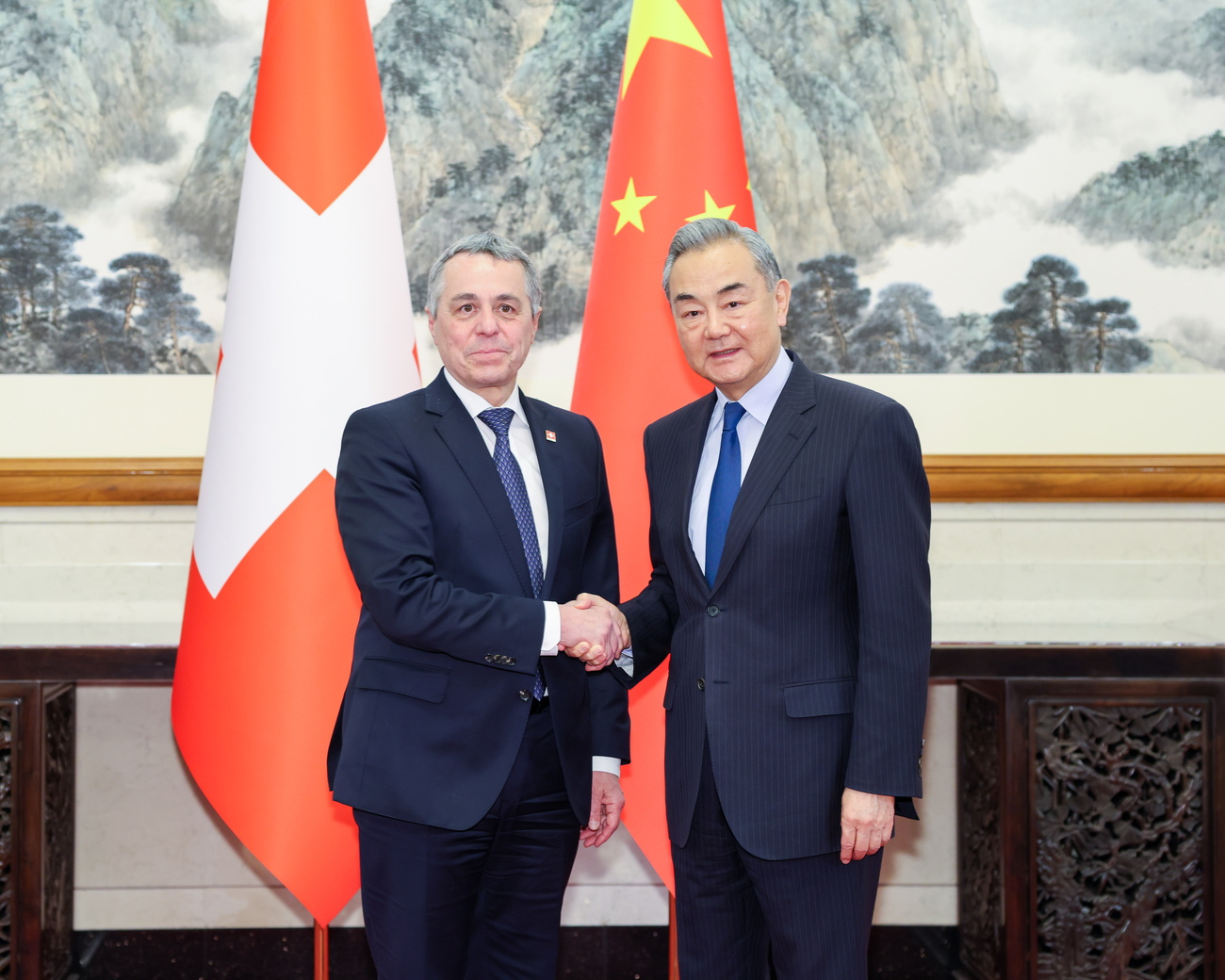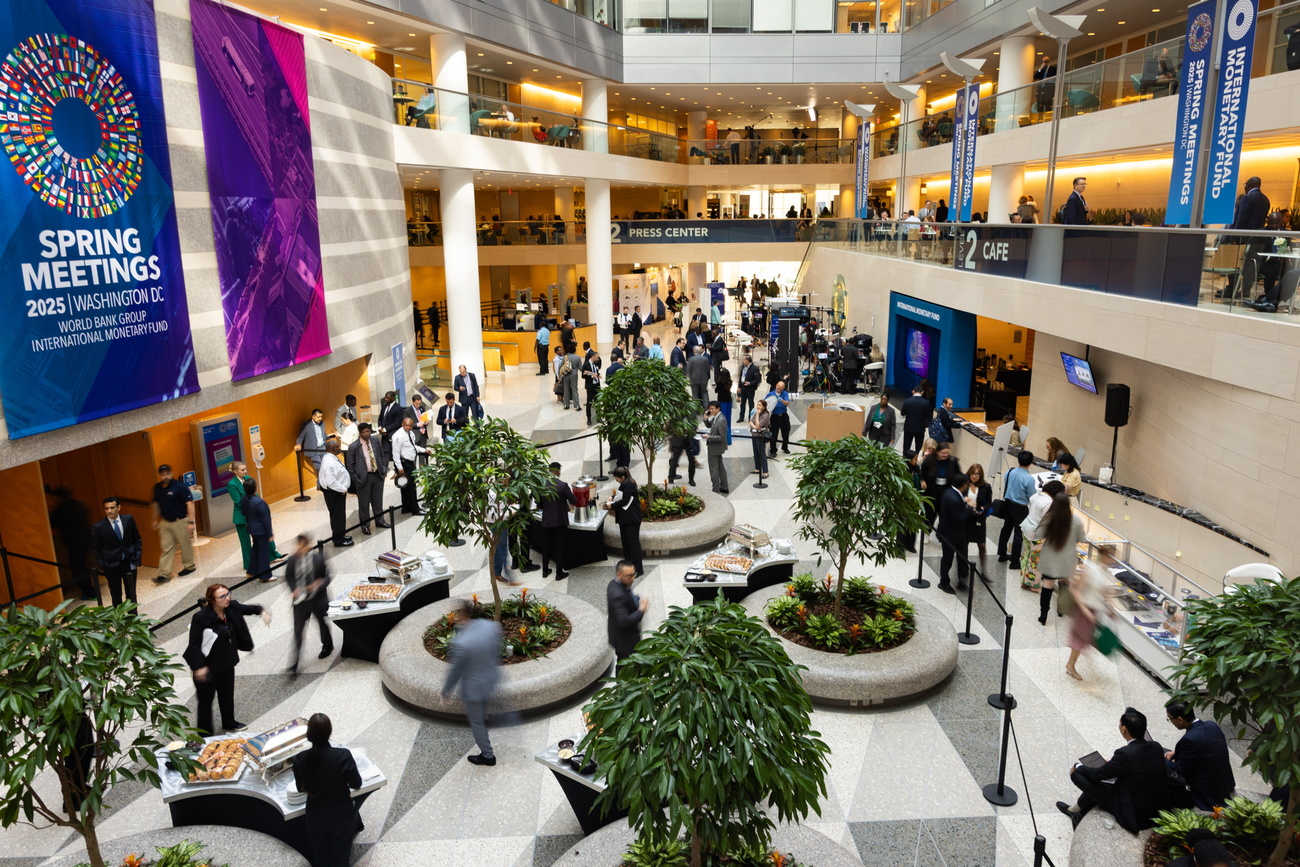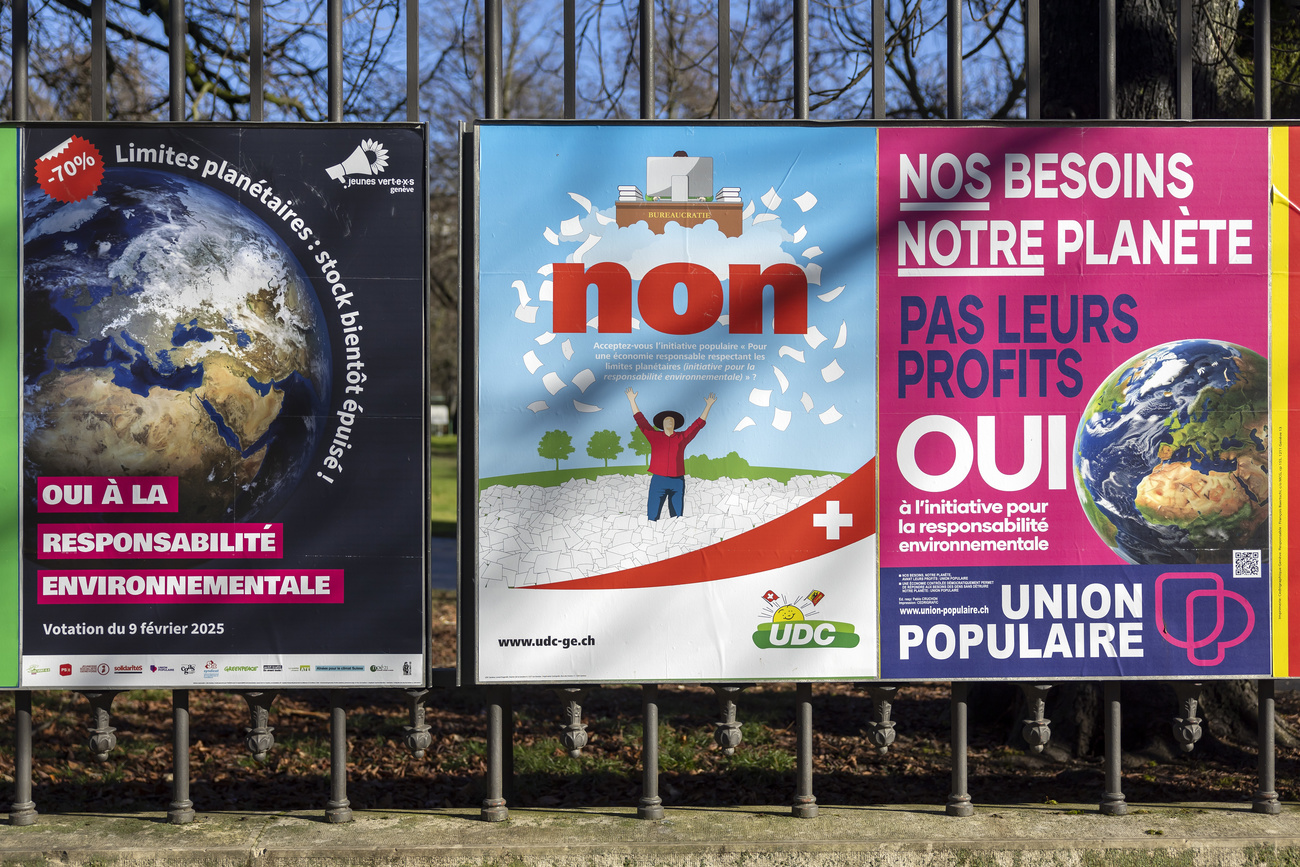
Switzerland Today
Dear Swiss Abroad,
Three top government ministers were on official trips abroad – one to China and two to the US.
The goal of these visits is the same: to limit the damage that the trade war triggered by the Trump administration could inflict on the Swiss economy.
I wish you a good read!

Solving the problem of US tariffs “through dialogue” is the aim of the Swiss government, Foreign Minister Ignazio Cassis told a press conference after talks with his Chinese counterpart Wang Yi in Beijing.
The goal for both Switzerland and China is “to convince the United States to return to a multilateral discussion” Cassis said, but “with mutual respect.”
Asked whether an alternative channel to bypass the high tariffs introduced by the Trump administration had been discussed, Cassis said this was not a topic on the table.
He was also careful not to take sides. The US, EU and China are Switzerland’s three most important partners, he explained: “We cannot leave one aside.”
What is happening now, Cassis added, is “an accident” – and he believes a solution “will be found”.

After a meeting in Washington with US Treasury Secretary Scott Bessent, Finance Minister Karin Keller-Sutter said Switzerland is among the 15 countries with which the US intends to find a swift resolution to the tariff issue.
Keller-Sutter, who holds the rotating Swiss presidency this year, along with Economics Minister Guy Parmelin and representatives of the Swiss National Bank (SNB), was in Washington for the spring meetings of the International Monetary Fund (IMF) and the World Bank.
Discussions included drafting a joint declaration of intent, which could lead to a formal negotiating mandate. “The economy can adapt to bad solutions or imperfect laws, but what it cannot live with is uncertainty,” Keller-Sutter told Swiss public radio, SRF, warning that Swiss jobs and economic stability are on the line.
Recent reports have underlined the economic interdependence between Switzerland and the US. Swiss investors – including insurers, banks, pension funds, and the SNB – hold around $300 billion (CHF249 billion) in US debt. As Swiss public radio, SRF points out, “almost everyone in Switzerland helps finance the US government.” Some economists suggest this may prove a valuable bargaining chip.

Swiss political parties spent CHF 700,000 ($840,000) on campaigns in the run-up to the heavily defeated vote on February 9, according to the Swiss Federal Audit Office. These final budgets are much lower than the money spent on previous campaigns.
Opponents of the vote on environmental liability invested far more in their campaign than supporters. The Radical-Liberal Party spent CHF420,000.
The budget for the Young Greens and Greenpeace was half that: CHF245,582. These final budgets are 3% lower than those announced before the vote, according to the Swiss Federal Audit Office on its website.
This low level of interest is also reflected in the sums invested by the parties, which are much lower than those allocated to previous campaigns. For example, the total budget devoted to the text on the extension of the motorways on November 24 amounted to almost CHF10 million.

Coeliac sufferers should be reimbursed for the cost of gluten-free bread. That’s the argument made by parliamentarian Brigitte Crottaz in an article covered by 24heures.
Coeliac disease, which affects around 1% of the Swiss population, was recognised by disability insurance until 2022, when it was removed from the list – ending the lump-sum compensation paid to sufferers.
Crottaz notes that gluten-free food is significantly more expensive than standard products and calls on the government to consider a monthly allowance under the basic health insurance scheme.
“Our Federal Councillors should try a gluten-free diet for just one month,” said Crottaz. “They’d quickly understand the challenges coeliac sufferers face daily and the social impact of the condition.”
Translated from Italian using DeepL/amva

In compliance with the JTI standards
More: SWI swissinfo.ch certified by the Journalism Trust Initiative








